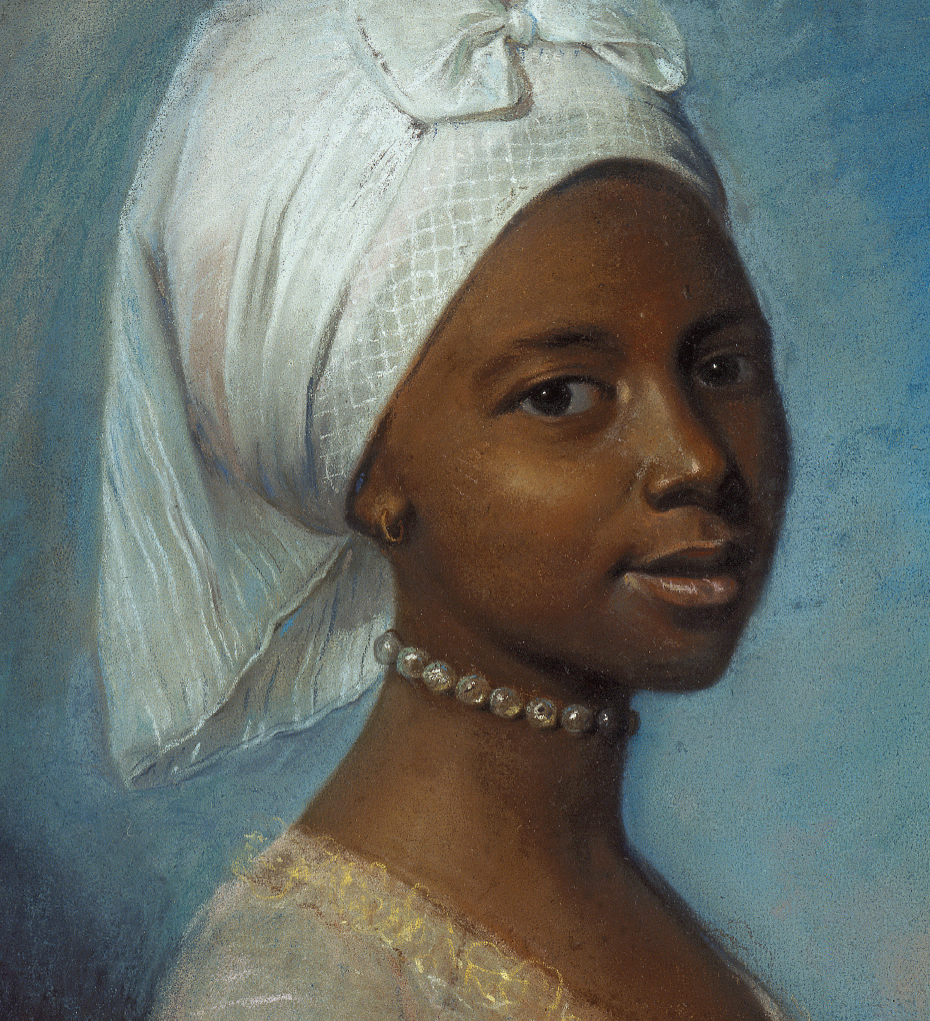Introduction for Chapter 19
19 New Worldviews And Ways of Life 1540–
> How and why did Europeans’ understanding of the natural world and human society change in the early modern period? Chapter 19 examines the impact of the Scientific Revolution and the Enlightenment on European life. From the mid-

LearningCurve
After reading the chapter, use LearningCurve to retain what you’ve read.
| ca. 1500– |
1762– |
| Scientific Revolution | Reign of Catherine the Great of Russia |
| ca. 1690– |
1765 |
| Enlightenment | Philosophes publish Encyclopedia: The Rational Dictionary of the Sciences, the Arts, and the Crafts |
| ca. 1700– |
1780– |
| Growth of book publishing | Reign of Joseph II of Austria |
| 1720– |
1791 |
| Rococo style in art and decoration | Establishment of the Pale of Settlement |
| 1740– |
1792 |
| Reign of Frederick the Great of Prussia | Establishment of mining school in Mexico City as part of reforms |
| ca. 1740– |
|
| French salons led by elite women |